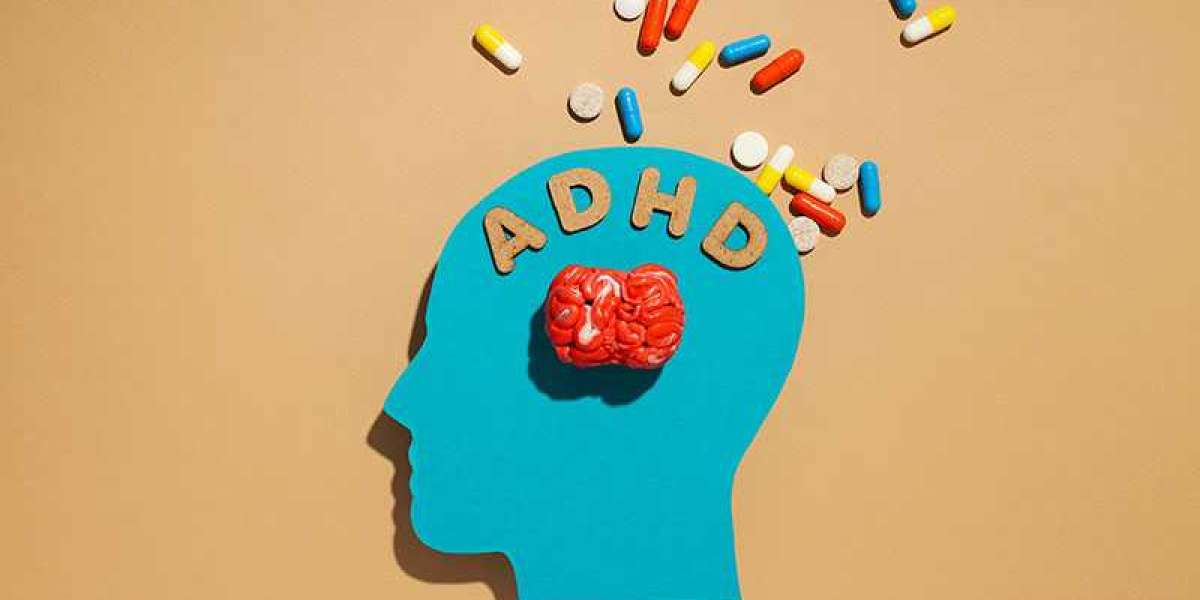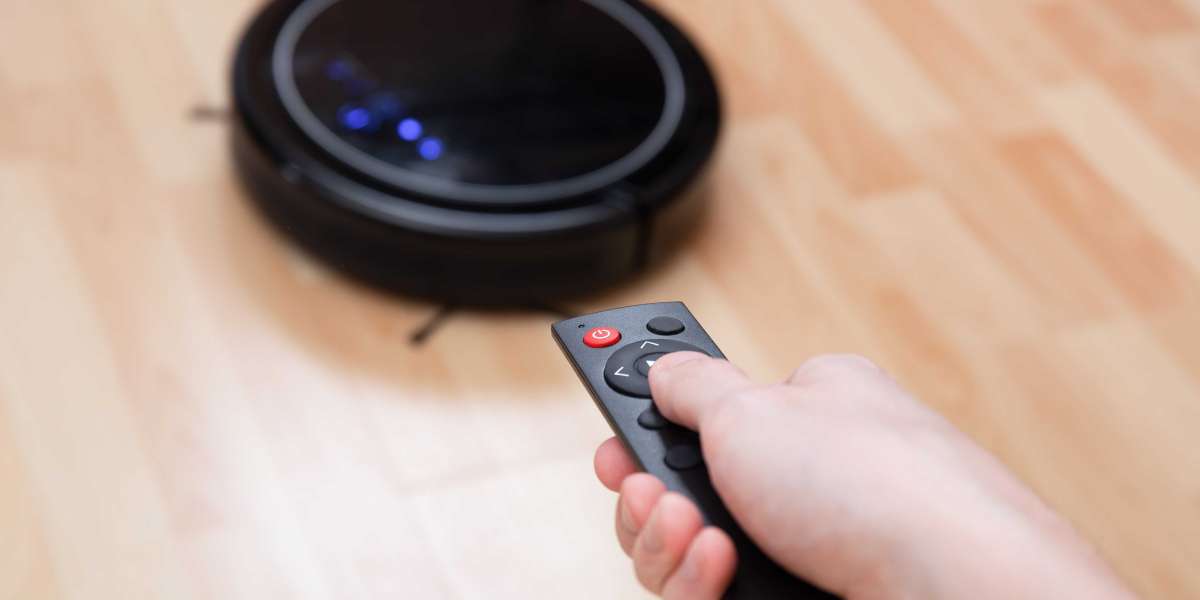Attention Deficit Hyperactivity Disorder (ADHD) is a neurodevelopmental disorder that affects millions of children and adults worldwide. Characterized by symptoms such as inattention, hyperactivity, and impulsivity, ADHD can significantly impact daily life, academic performance, and interpersonal relationships. Fortunately, various treatment options are available to help manage these symptoms effectively. This blog explores the most common ADHD treatments, including behavioral therapies, medication, lifestyle changes, and alternative approaches.
Understanding ADHD
Before diving into treatment options, it's essential to understand ADHD. This disorder can manifest in different ways, and its severity varies from person to person. Symptoms often include:
- Difficulty sustaining attention
- Impulsivity in decision-making
- Hyperactive behavior, such as fidgeting or interrupting others
- Challenges in organizing tasks and following through on instructions
Recognizing these symptoms is the first step toward seeking help. Many individuals with ADHD may not receive a diagnosis until adulthood, as symptoms can sometimes be mistaken for other issues.
Behavioral Therapy
One of the most effective treatments for ADHD, especially in children, is behavioral therapy. This approach focuses on modifying specific behaviors through reinforcement strategies. For example, parents and teachers can use reward systems to encourage positive behavior and discourage negative actions. Therapy may also include:
- Cognitive Behavioral Therapy (CBT): This form of therapy helps individuals understand and change negative thought patterns and behaviors.
- Parent Training: Educating parents on ADHD can help them develop effective strategies to manage their child's behavior.
- Social Skills Training: This can assist individuals in developing better interpersonal skills, which may be challenging for those with ADHD.
Behavioral therapy is often most effective when combined with other treatment modalities, providing a holistic approach to managing symptoms.
Medication Options
Medications are commonly prescribed to help manage ADHD symptoms. Stimulants, such as methylphenidate (Ritalin) and amphetamines (Adderall), are the most widely used. These medications work by increasing the levels of certain neurotransmitters in the brain, improving focus and reducing impulsivity.
While these medications can be effective, they are not suitable for everyone. Side effects can include insomnia, decreased appetite, and increased heart rate. It's crucial to work closely with a healthcare provider to monitor effects and adjust dosages as necessary.
For individuals who cannot tolerate stimulants, non-stimulant options like atomoxetine (Strattera) or guanfacine (Intuniv) may be considered. These medications can also help manage symptoms, though they may take longer to show effects.
In some cases, individuals may consider options like buy Adderall online. While this can be convenient, it is essential to ensure that the source is legitimate and that a prescription is obtained through a healthcare provider.
Lifestyle Changes
In addition to therapy and medication, lifestyle changes can significantly affect managing ADHD symptoms. Here are some strategies that can help:
- Regular Exercise: Physical activity has been shown to improve focus, mood, and overall well-being. Incorporating regular exercise into a daily routine can provide significant benefits.
- Healthy Diet: A balanced diet rich in fruits, vegetables, whole grains, and lean proteins can help maintain stable energy levels and focus.
- Sleep Hygiene: Ensuring adequate sleep is crucial for individuals with ADHD. Establishing a consistent sleep schedule can improve attention and mood.
- Mindfulness and Meditation: These practices can help individuals with ADHD improve their focus and reduce impulsivity. Techniques include deep breathing exercises and guided meditation.
Alternative Treatments
In addition to conventional therapies, some individuals explore alternative treatments for ADHD. These may include:
- Supplements: Omega-3 fatty acids and certain vitamins may help improve symptoms in some individuals. However, it's essential to consult a healthcare provider before starting any supplement regimen.
- Neurofeedback: This technique involves training individuals to alter brain wave patterns, which may help improve focus and self-regulation.
- Herbal Remedies: Some people consider herbal treatments, though scientific evidence supporting their efficacy is often limited.
While alternative treatments can be appealing, they should not replace traditional therapies without consulting a healthcare provider. It’s essential to approach these options with caution and to prioritize evidence-based treatments.
Conclusion
Managing ADHD is a multifaceted process that involves various treatment options tailored to the individual's needs. Behavioral therapies, medication, lifestyle changes, and alternative treatments can all play a role in alleviating symptoms and enhancing quality of life.
If you or someone you know is struggling with ADHD, it's crucial to seek professional help. A qualified healthcare provider can guide you through the diagnosis process and help create a personalized treatment plan. Whether considering medication or exploring behavioral strategies, a comprehensive approach to ADHD treatment can lead to improved focus, better relationships, and an overall enhanced quality of life.







